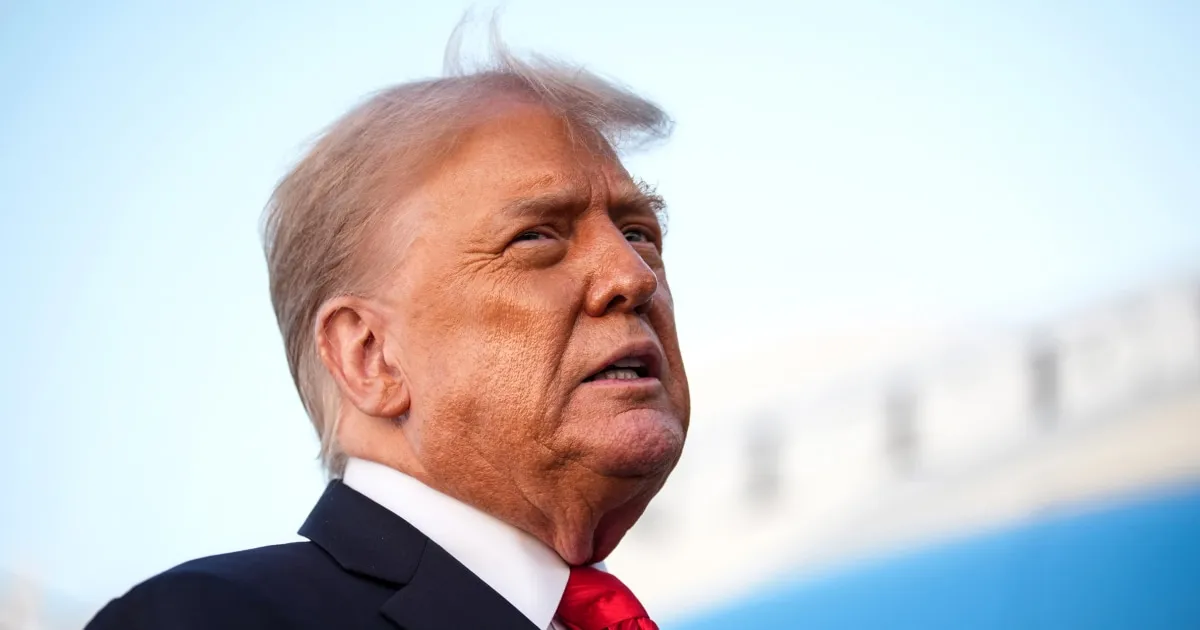
On Tuesday, the Supreme Court granted the Trump administration temporary permission to withhold $4 billion in foreign aid funds that had been appropriated by Congress. Chief Justice John Roberts issued a brief order following an emergency request from the administration that was filed on Monday. This request aimed to block a federal judge's ruling, which had mandated that the administration allocate the funds.
This Supreme Court decision is not final; however, it effectively puts the case on hold as the justices deliberate on potential next steps. In his order, Chief Justice Roberts instructed the groups that filed the lawsuit against the administration—who are advocating for the disbursement of the funds—to submit a response to the government’s request by Friday afternoon.
The situation arises as the Trump administration has formally notified Congress of its intention to withhold the foreign aid funds in question. According to the U.S. Constitution, the responsibility for allocating federal funds rests with Congress, while the president is tasked with executing those appropriations. It is important to note that current federal funding is set to expire on September 30.
Despite the move to withhold the $4 billion, the Trump administration has indicated that it plans to spend an additional $6.5 billion that Congress had appropriated for various purposes. The underlying lawsuit, which prompted this legal battle, was initiated by several organizations that rely on foreign aid funding, with the Global Health Council taking a leading role in the case.
This temporary ruling by the Supreme Court highlights ongoing tensions between the executive branch and Congress over federal funding and appropriations. As the justices consider their next steps, the implications of this case could have a significant impact on foreign aid initiatives and the broader relationship between Congress and the administration regarding fiscal responsibilities.
As the deadline for federal funding approaches, stakeholders in the foreign aid sector will be closely monitoring the developments in this case and the Supreme Court's eventual decision.